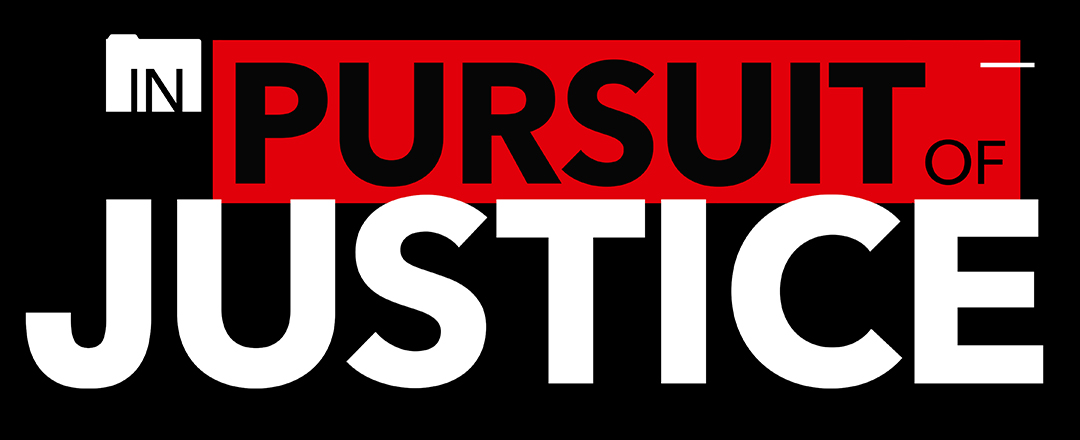Resources & Links
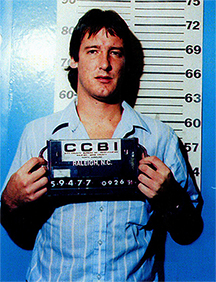 Since our first day of filming we have believed Greg’s case would highlight the need for criminal justice reform across the country. Not only does Greg’s case support the value of having a state-supported organizing like the North Carolina Innocence Inquiry Commission, it also illustrates four (or five depending on how you count Eva Kelly’s testimony) causes of wrongful convictions. Browsing through these links will help you find more information about Greg’s case, some of the people involved and their organizations, and the causes of wrongful convictions. You’ll also find some other books and docs that we recommend.
Since our first day of filming we have believed Greg’s case would highlight the need for criminal justice reform across the country. Not only does Greg’s case support the value of having a state-supported organizing like the North Carolina Innocence Inquiry Commission, it also illustrates four (or five depending on how you count Eva Kelly’s testimony) causes of wrongful convictions. Browsing through these links will help you find more information about Greg’s case, some of the people involved and their organizations, and the causes of wrongful convictions. You’ll also find some other books and docs that we recommend.
_________________________________________
Wrongful Convictions
There are six common causes of wrongful convictions: Eyewitness misidentification, Unvalidated Forensic Science, False Confessions, Snitch Testimony, Police and Prosecutorial Misconduct, and Poor Defense Lawyering. Four of these appear in Greg’s case. There are many resources to find out more on wrongful convictions but here is a place to start.
_________________________________________
 We often call one of Greg’s attorneys, Chris Mumma, “the Erin Brockovich of criminal justice reform” in North Carolina. She is the Executive Director of the North Carolina Center on Actual Innocence. You can read more about the Center’s work, including the other inmates the Center has helped exonerate, by clicking here. The NCCAI is also very active legislatively. They are currently working to reform NC’s snitch testimony procedures and policies.
We often call one of Greg’s attorneys, Chris Mumma, “the Erin Brockovich of criminal justice reform” in North Carolina. She is the Executive Director of the North Carolina Center on Actual Innocence. You can read more about the Center’s work, including the other inmates the Center has helped exonerate, by clicking here. The NCCAI is also very active legislatively. They are currently working to reform NC’s snitch testimony procedures and policies.
_________________________________________
 The North Carolina Innocence Inquiry Commission is the process through which Greg was freed. It is a state agency established in 2006 by the General Assembly to investigate and evaluate post-conviction claims of factual innocence. And, despite it’s successes, it is still the only such body in the country. You can read about it here. Chris Mumma frequently mentions “conviction integrity units” as an effective option to the NCIIC. CIUs are set up within a prosecutor’s office. The advantage is the DA often has a budget that will support this work so they are generally only found in large prosecutorial districts. The disadvantage, of course, is that the wolf is guarding the hen house.
The North Carolina Innocence Inquiry Commission is the process through which Greg was freed. It is a state agency established in 2006 by the General Assembly to investigate and evaluate post-conviction claims of factual innocence. And, despite it’s successes, it is still the only such body in the country. You can read about it here. Chris Mumma frequently mentions “conviction integrity units” as an effective option to the NCIIC. CIUs are set up within a prosecutor’s office. The advantage is the DA often has a budget that will support this work so they are generally only found in large prosecutorial districts. The disadvantage, of course, is that the wolf is guarding the hen house.
_________________________________________
You can find information about the national Innocence Project here. The Innocence Project (the NCCAI is a member) has championed the use of DNA evidence to free the wrongfully convicted. One reason Chris recommended Greg’s was to the NCIIC is because there was no definitive DNA evidence in his case. Without the NCIIC’s investigation Greg would still be guilty of Jacquetta’s murder.
_________________________________________
 Attorney Mark Rabil, who appears in our film, has been an advocate for criminal justice for many years. He has a special interest in death penalty case and was the attorney who successfully gained Darryl Hunt’s release. (See documentary below) He is currently Director of the Wake Forest Innocence & Justice Clinic.
Attorney Mark Rabil, who appears in our film, has been an advocate for criminal justice for many years. He has a special interest in death penalty case and was the attorney who successfully gained Darryl Hunt’s release. (See documentary below) He is currently Director of the Wake Forest Innocence & Justice Clinic.
_________________________________________
In addition to creating the NCIIC, Justice Lake’s Actual Innocence Commission created a number of other reforms that make North Carolina one of the national leaders in criminal justice reform. You can read a summary of these reforms here.
_________________________________________
Other Documentaries
An Ordinary Crime – the PBS documentary that tells the story of Terrance Garner, 16. In 1998 he was convicted by a jury of attempted first degree murder, first degree kidnapping, three counts of robbery with a dangerous weapon and two counts of second degree kidnapping. In January, 2002 PBS aired this documentary which included an admission by a co-defendant that Garner was not involved in the crime. Publicity from the documentary forced the prosecution to re-investigate the case which led to Garner’s exoneration. This case was one of the cases that helped Chris Mumma convince Chief Justice I. Beverly Lake, Jr. that the justice system could be improved.
Check it out here.
_________________________________________
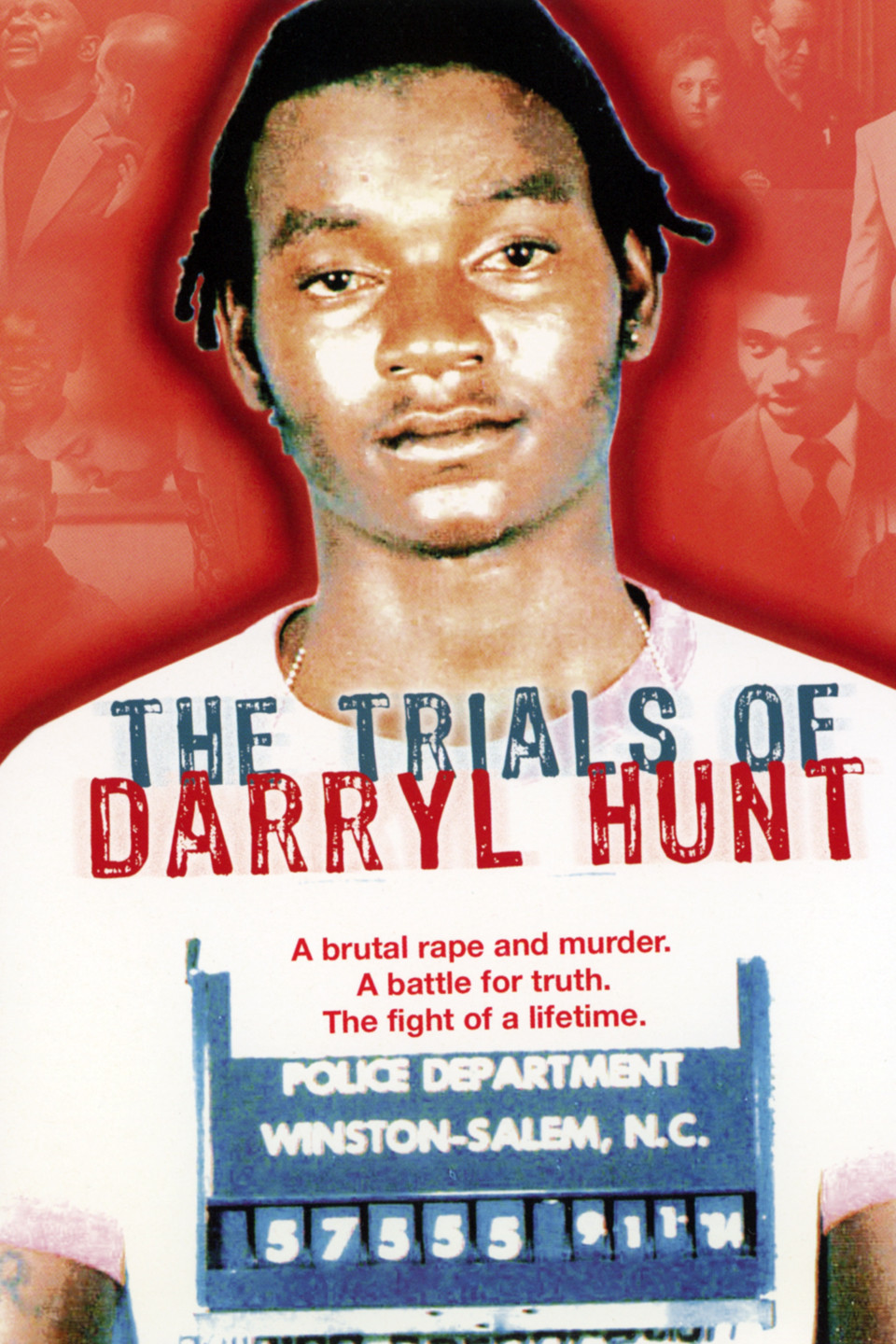 The Trials of Darryl Hunt
The Trials of Darryl Hunt
The story of 19-year old Darryl Hunt of Winston-Salem, NC who was wrongfully convicted for the murder of Deborah Sykes. Darryl gained his freedom through the perseverance of Mark Rabil. This is another North Carolina case that helped Chris persuade Justice Lake that criminal justice reform was necessary. You can watch Darryl’s story here.
_________________________________________
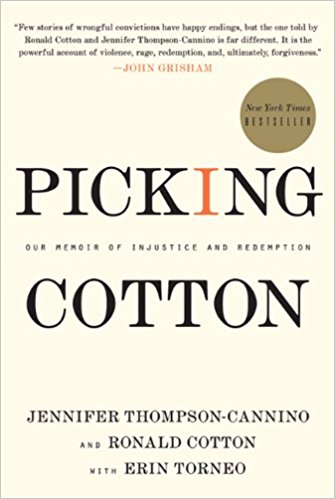 Book: Picking Cotton: Our Memoir of Injustice and Redemption by Jennifer Thompson-Cannino & Ronald Cotton
Book: Picking Cotton: Our Memoir of Injustice and Redemption by Jennifer Thompson-Cannino & Ronald Cotton
Jennifer Thompson was raped at knifepoint by a man who broke into her apartment while she slept. She was able to escape, and eventually positively identified Ronald Cotton as her attacker. Ronald insisted that she was mistaken– but Jennifer’s positive identification was the compelling evidence that put him behind bars.
After eleven years, Ronald was allowed to take a DNA test that proved his innocence. He was released, after serving more than a decade in prison for a crime he never committed. Two years later, Jennifer and Ronald met face to face– and forged an unlikely friendship that changed both of their lives.
This case helped the Chief Justice’s commission design reforms to North Carolina’s Eyewitness Identification procedures. Jennifer is a current member of the NCIIC.
_________________________________________
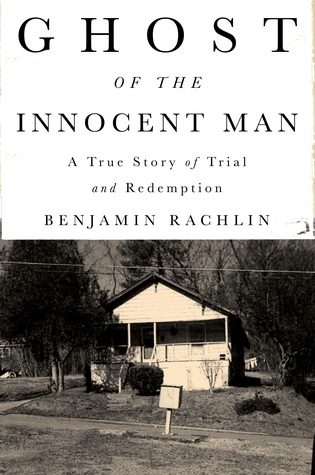 Book: Ghost of the Innocent Man: A True Story of Trial and Redemption by Benjamin Rachlin
Book: Ghost of the Innocent Man: A True Story of Trial and Redemption by Benjamin Rachlin
During the last two decades, more than two thousand American citizens have been wrongfully convicted. Ghost of the Innocent Man brings us one of the most dramatic of those cases and provides the clearest picture yet of the national scourge of wrongful conviction and of the opportunity for meaningful reform.
This book, in some ways, mirrors our film. It also tells the story of the creation of the Innocence Inquiry Commission. But rather than using Greg Taylor’s case Benjamin tells the story of Willie Grimes who was also exonerated by the NCIIC. It’s a great read and you will learn a lot more about Chris Mumma than we were able to tell in our film.
_________________________________________
Other interesting cases:
The Staircase – available on Netflix. After the mysterious death of his wife, author Michael Peterson watches his life go under the microscope.
SBI Agent Duane Deaver was the analyst in this case. And, as in Greg’s case, there were “issues!” You will see other familiar faces, as well. Chris Mumma, Greg Taylor, Mike Klinkosum, and Joe Cheshire all are featured in this multi-part documentary.
Documentary: Time Simply Passes
We met director Ty Flowers at the Thin Line Film Festival in Denton, TX when our short, Greg Taylor – Ghost, was paired with Time Simply Passes. It tells the story of James Joseph Richardson who was wrongfully convicted of murdering his seven children. Once he was exonerated he faced another battle: making the state of Florida pay restitution for the 21 years he spent in prison. You can watch Ty’s film here.
Documentary: Bloodsworth – an innocent man
Kirk Bloodsworth was wrongfully convicted and sentenced to death for the rape and murder of 9-year old Dawn Hamilton in Baltimore, MD. Kirk became the first person on death row to be exonerated by DNA testing. Kirk tells his story here.
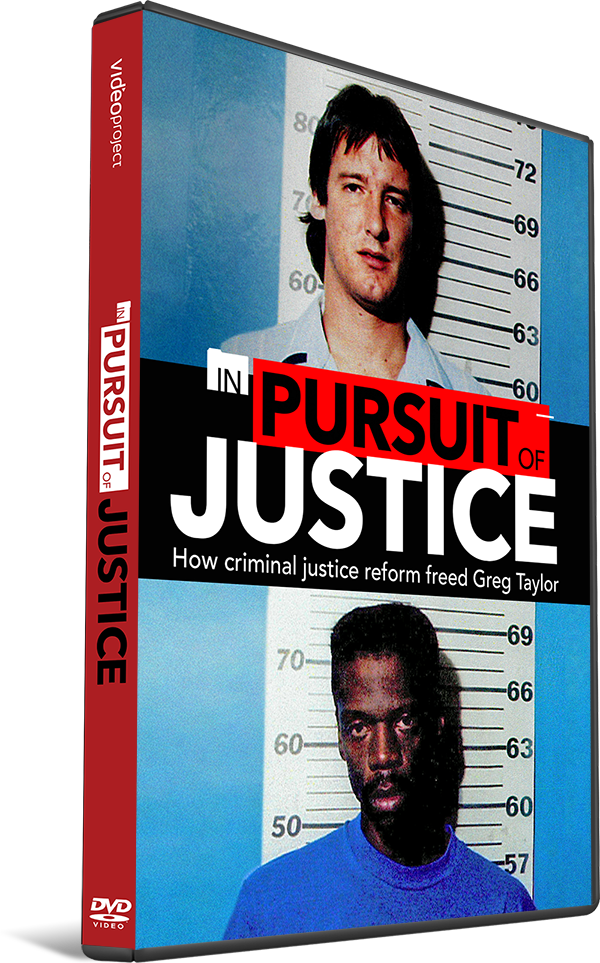
In Pursuit of Justice
This film is available to educational institutions, and community groups through our distributor, The Video Project.
